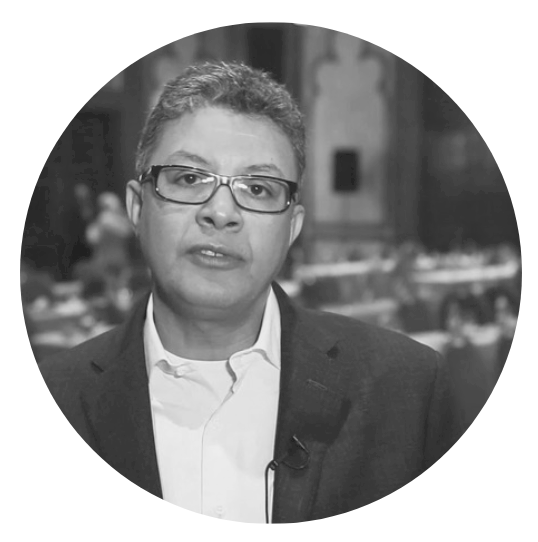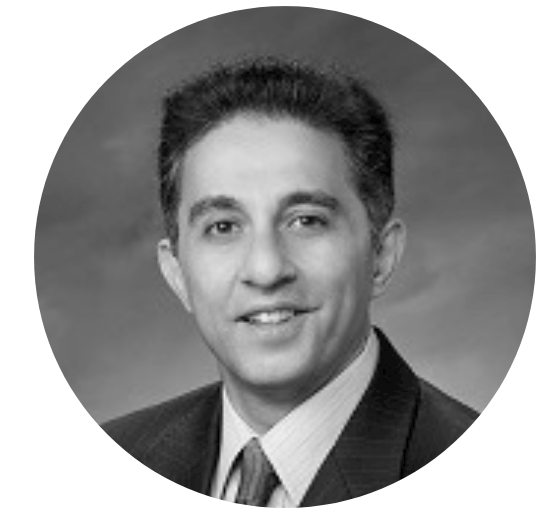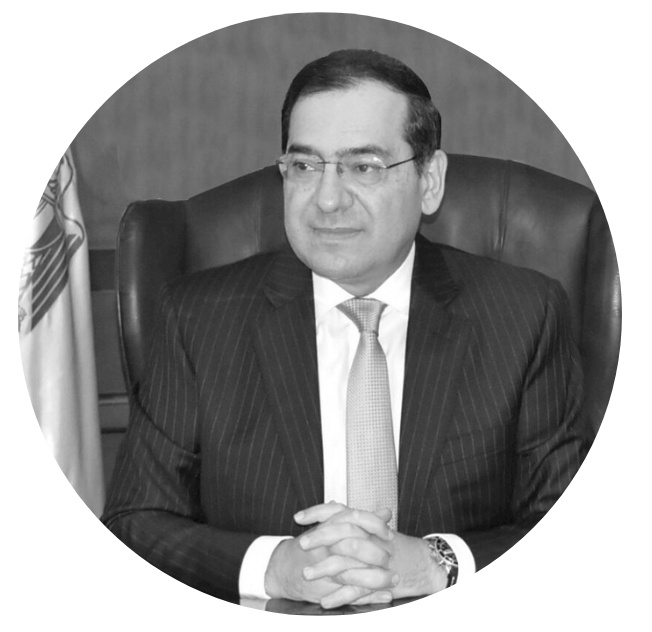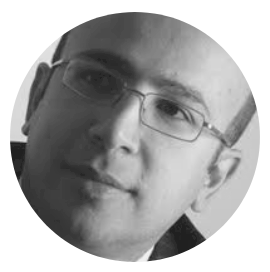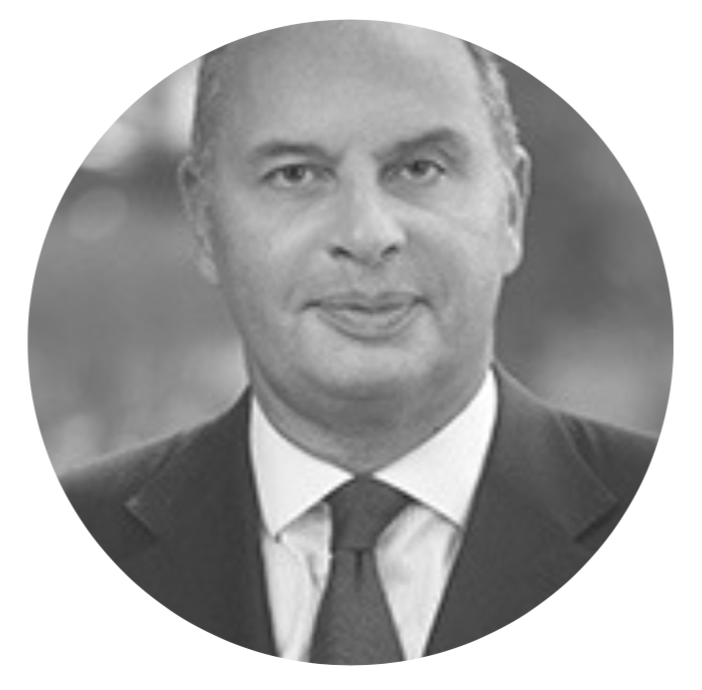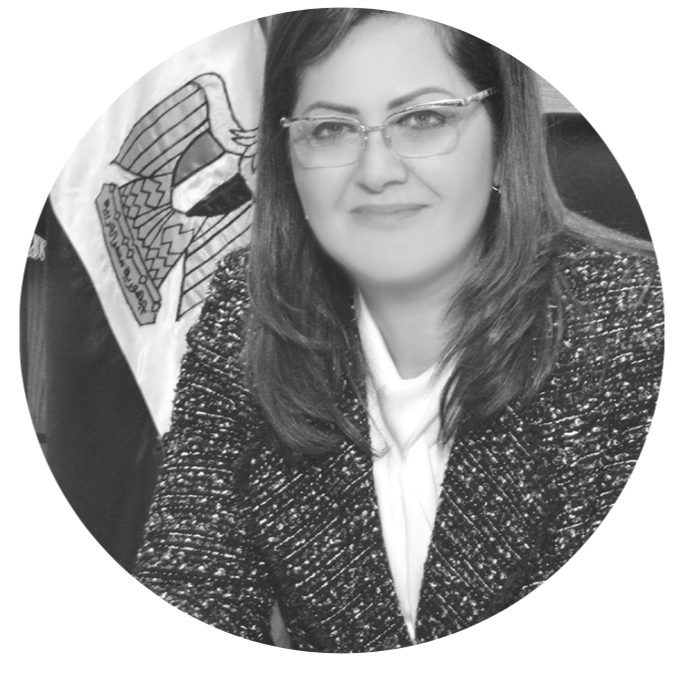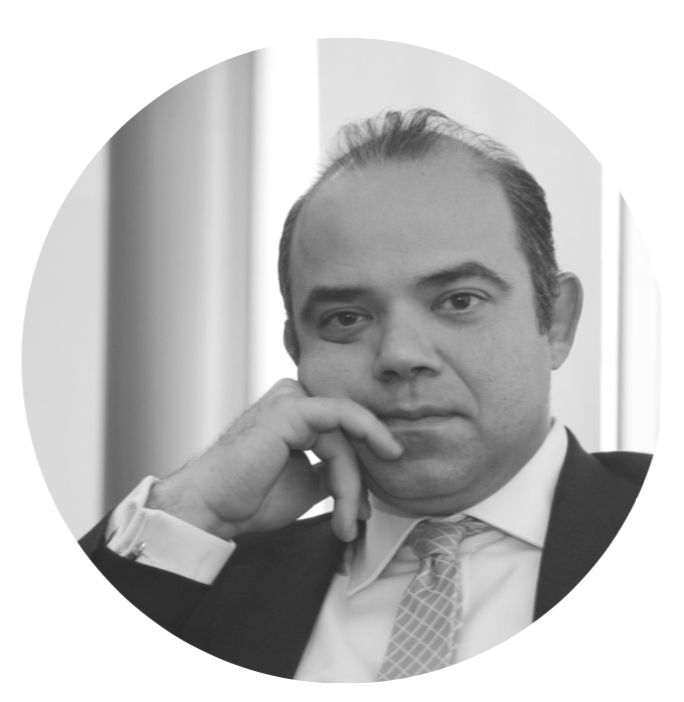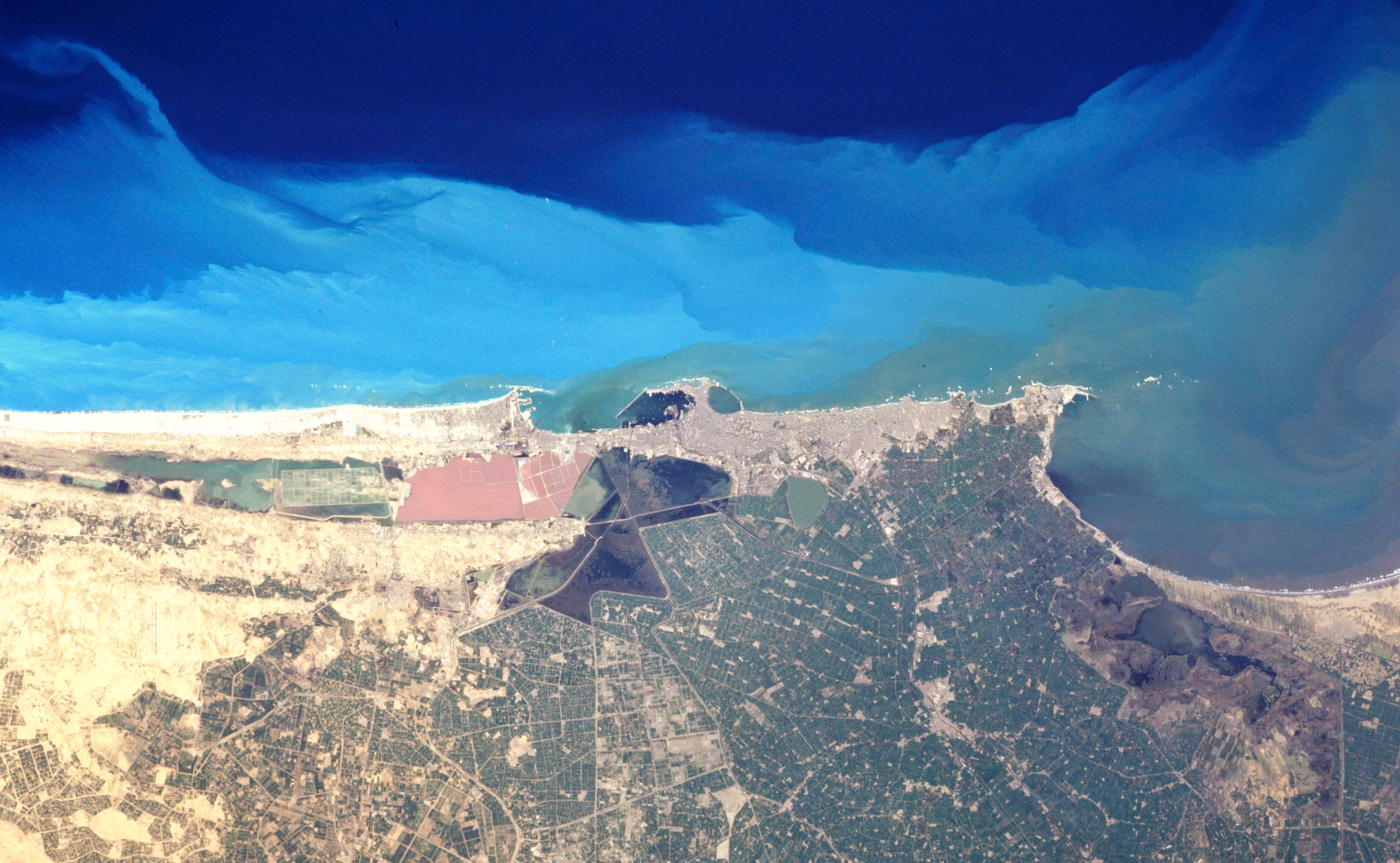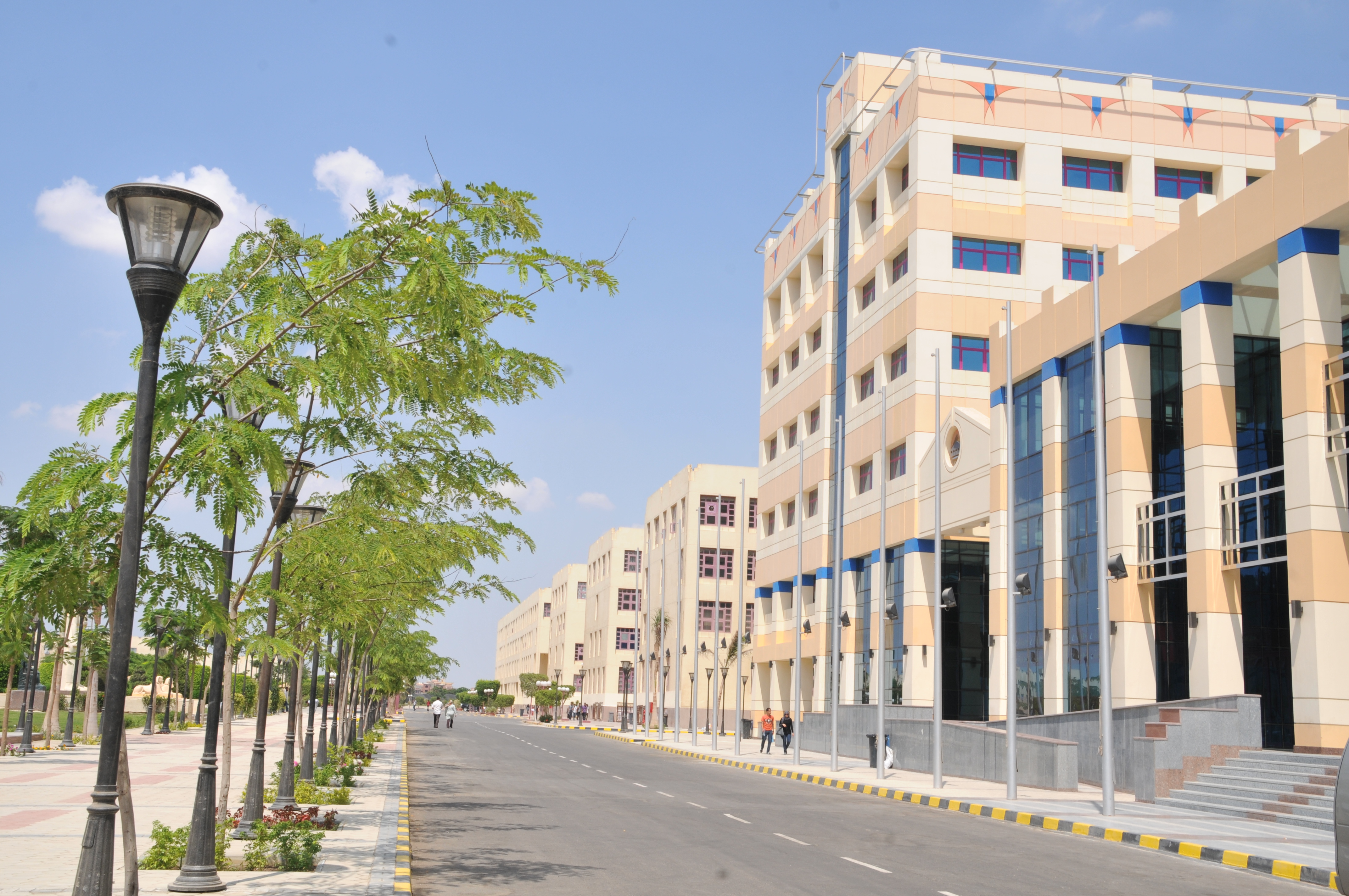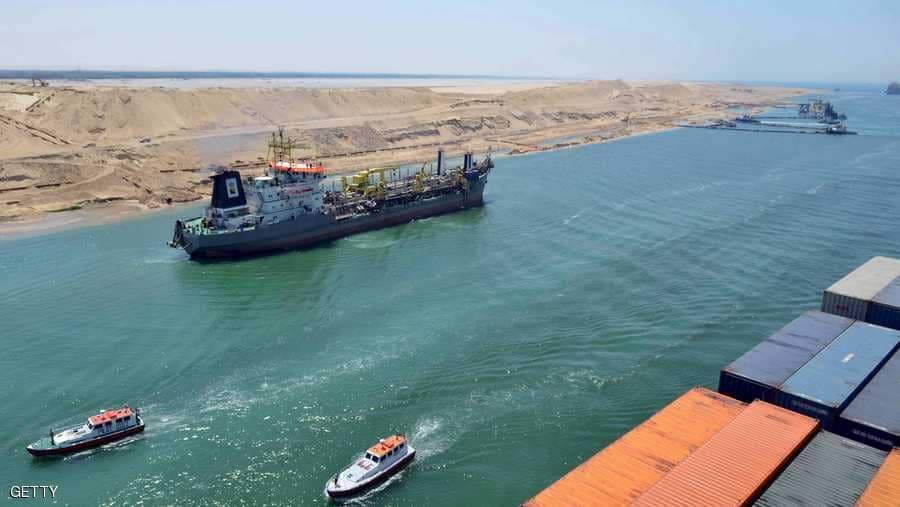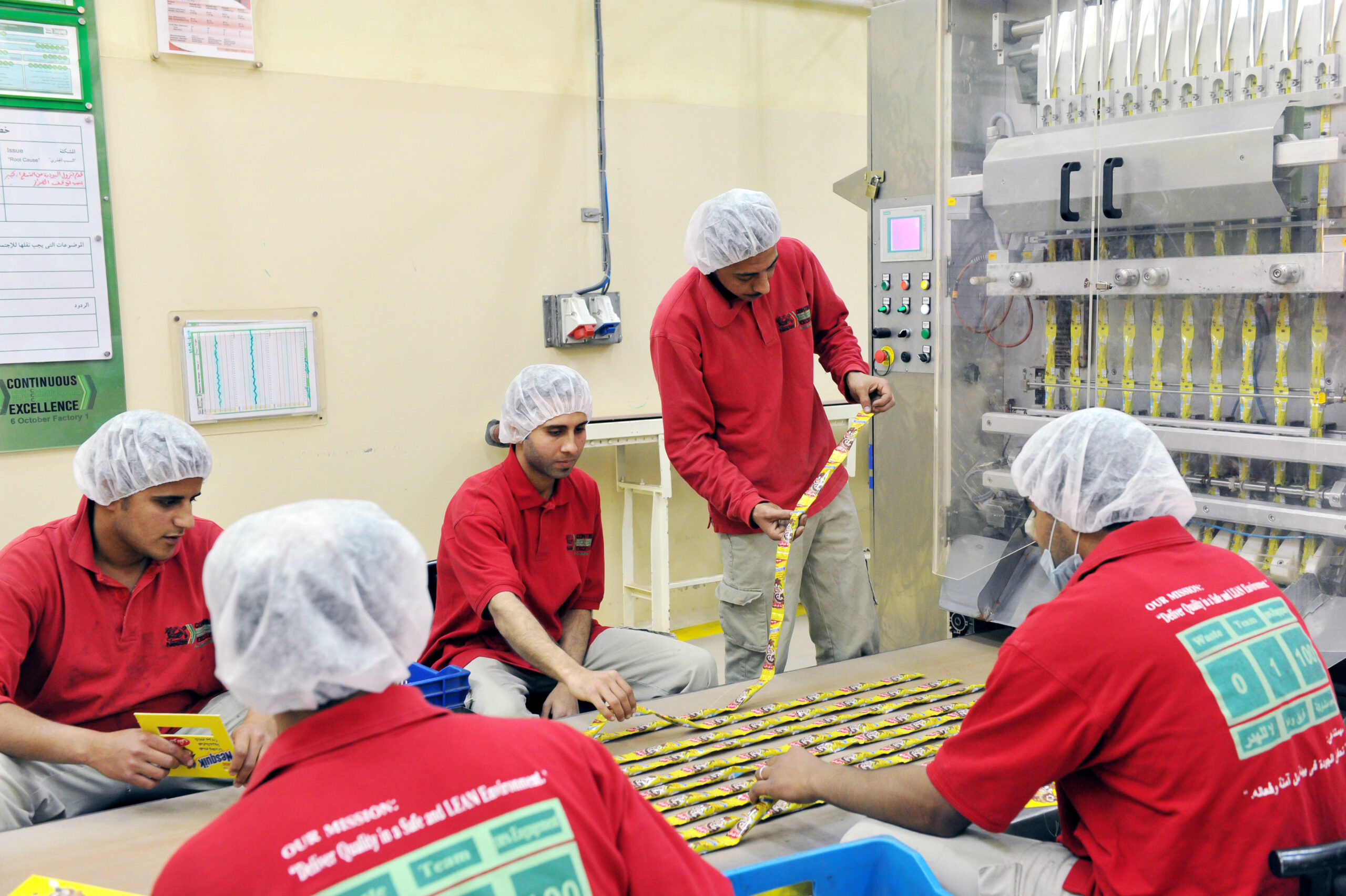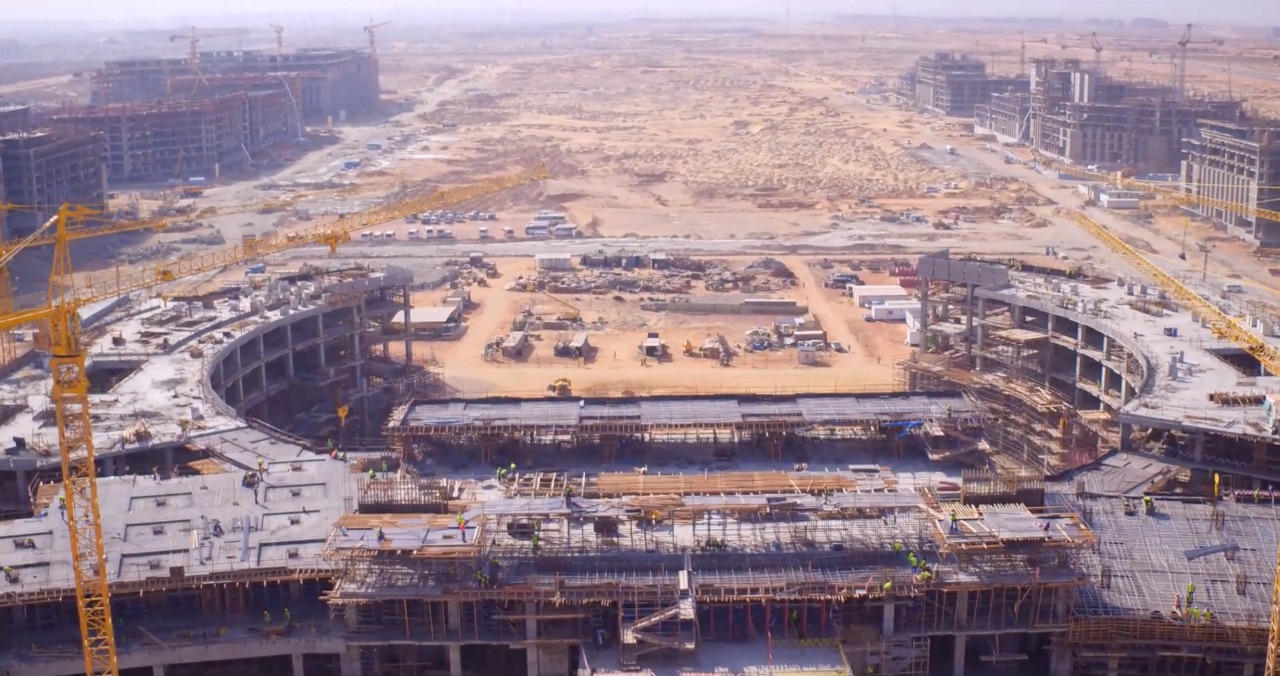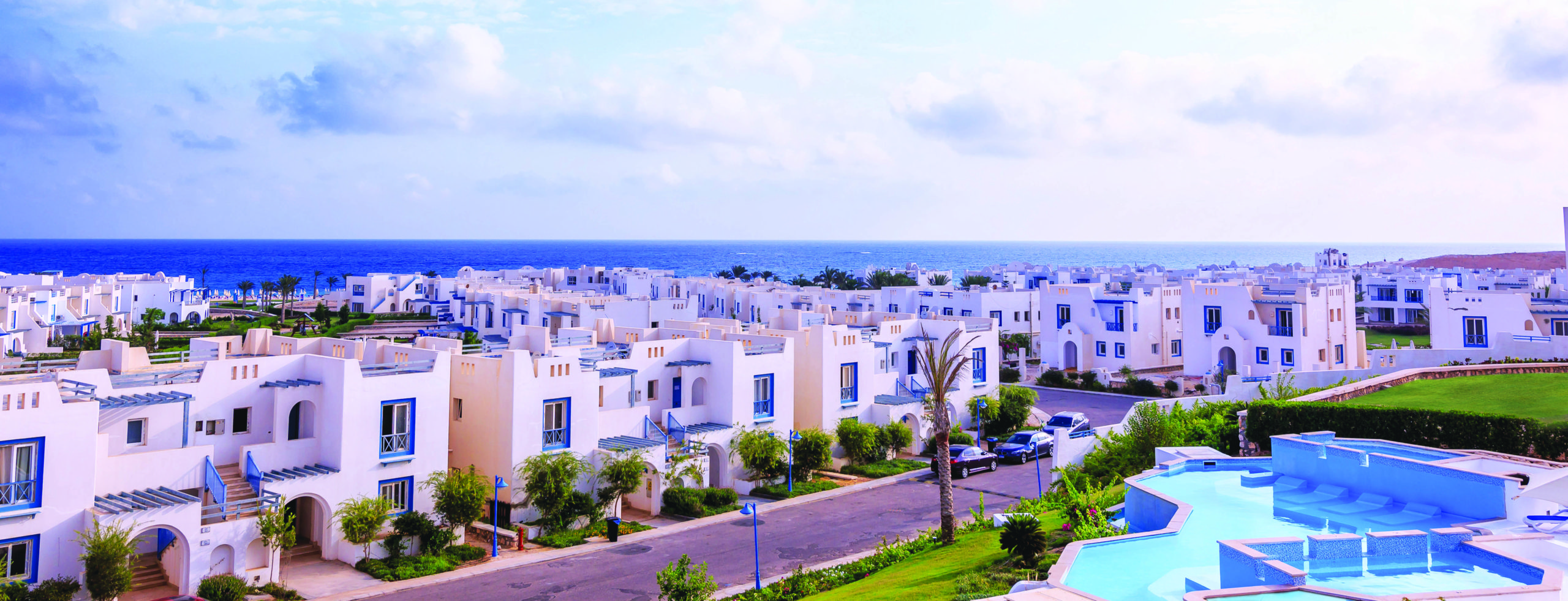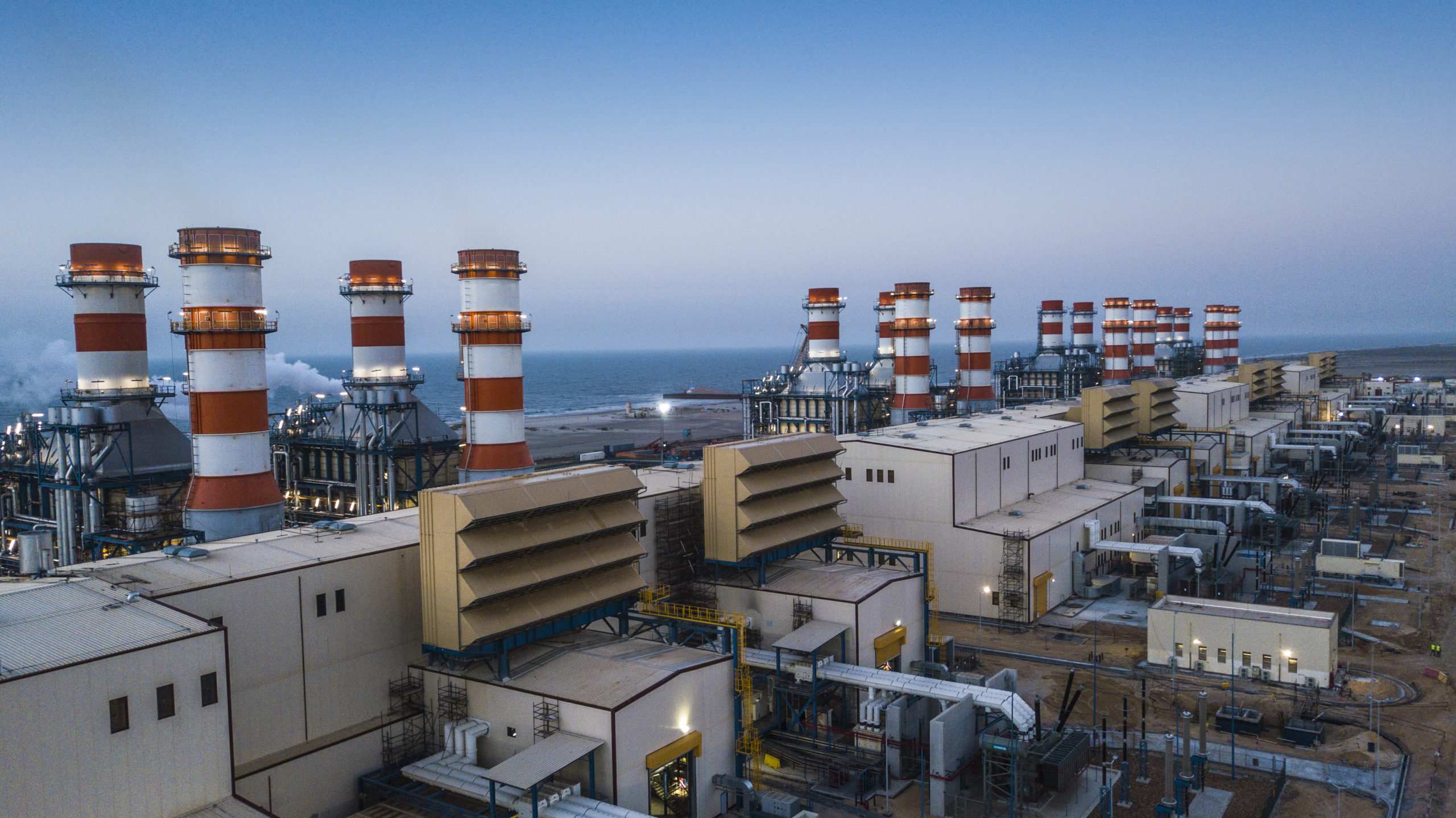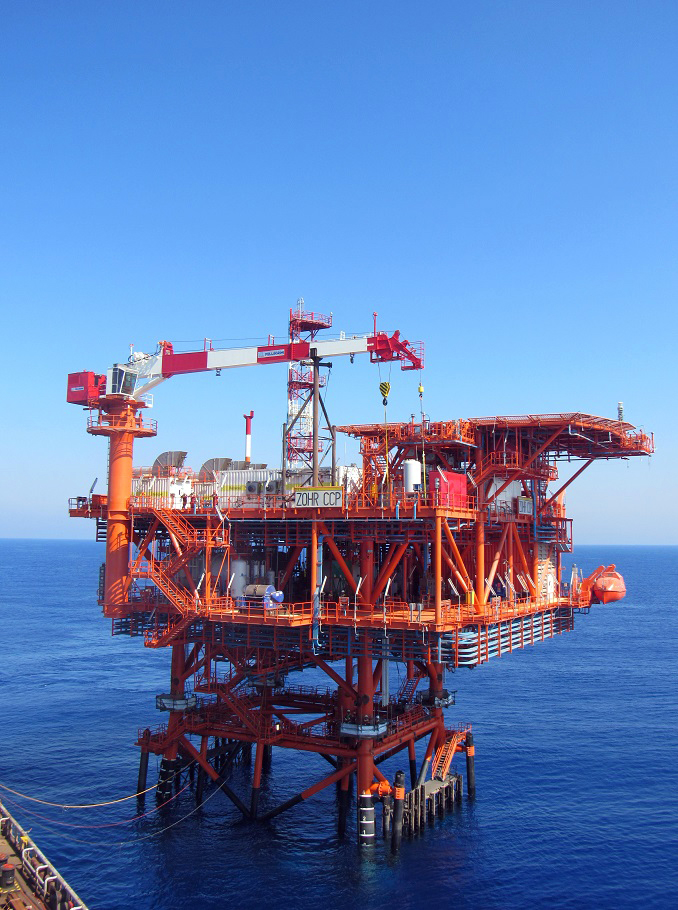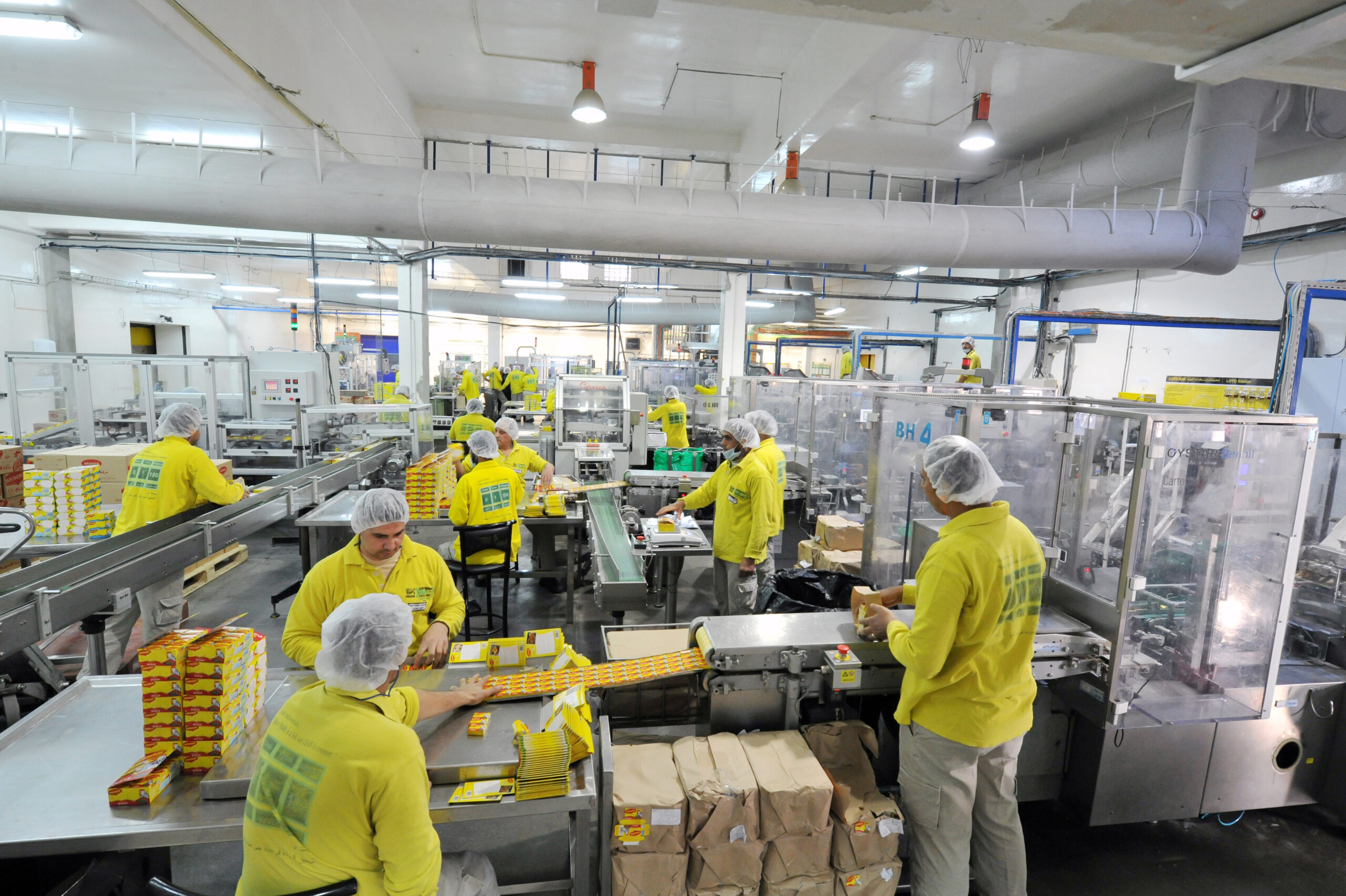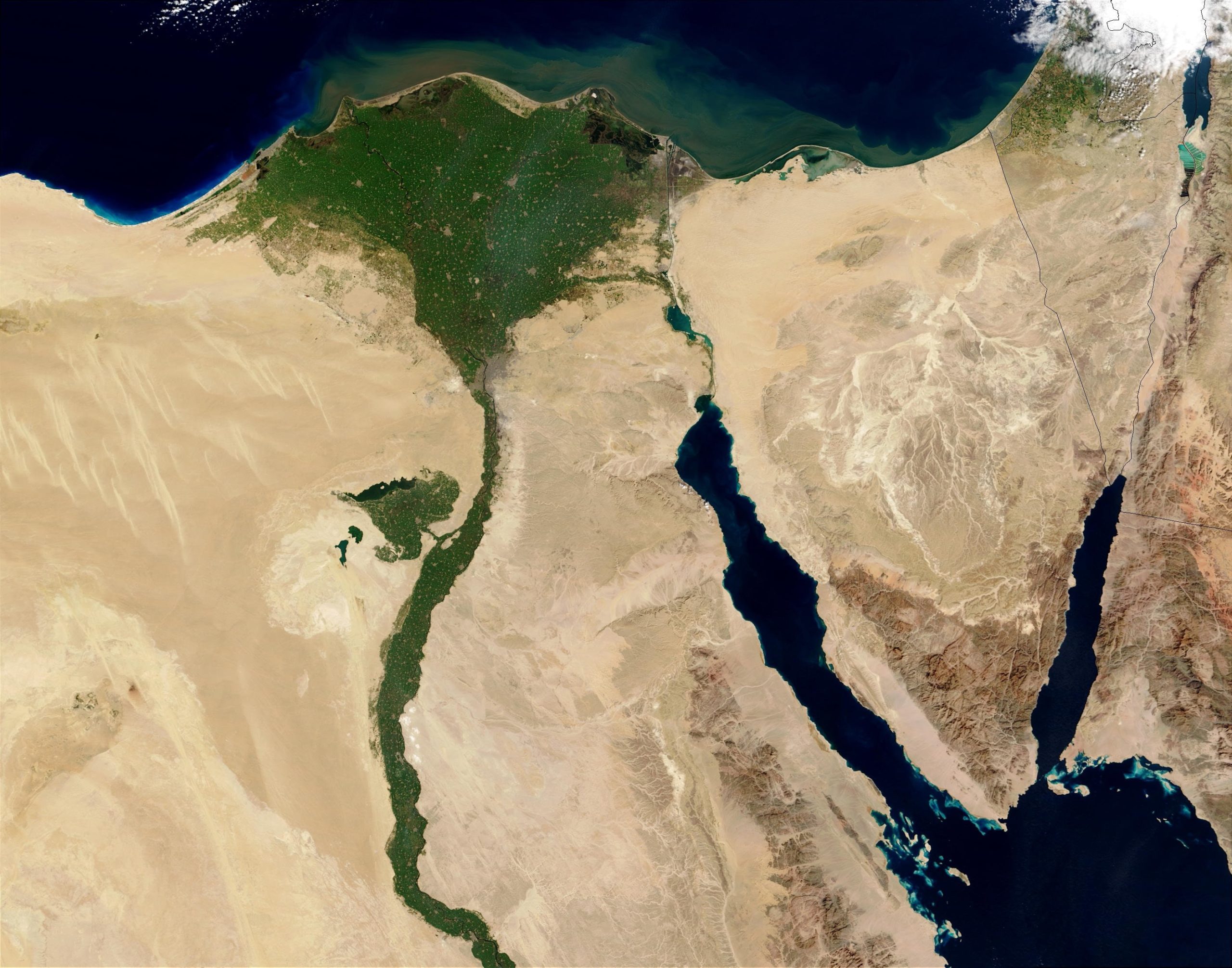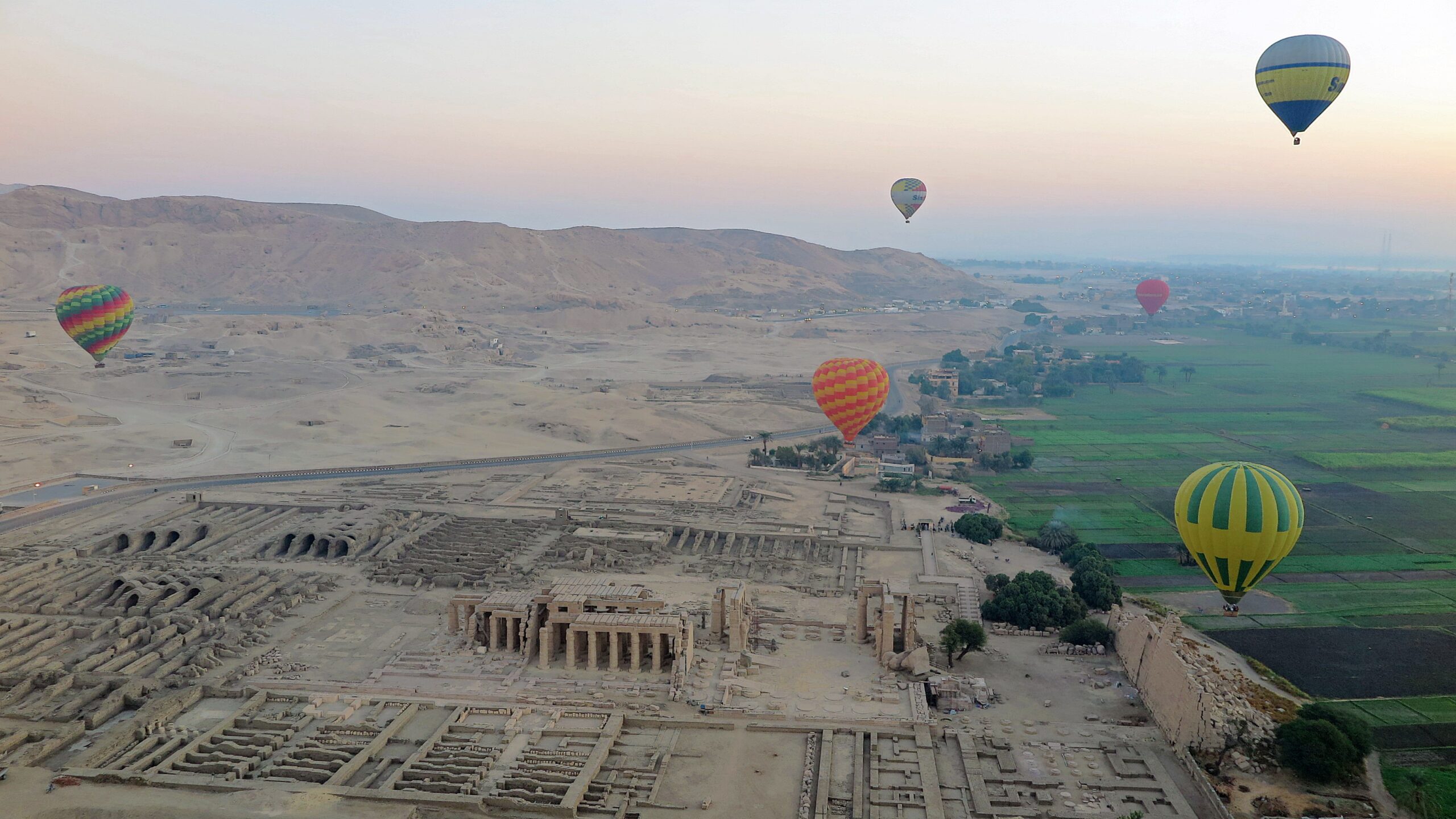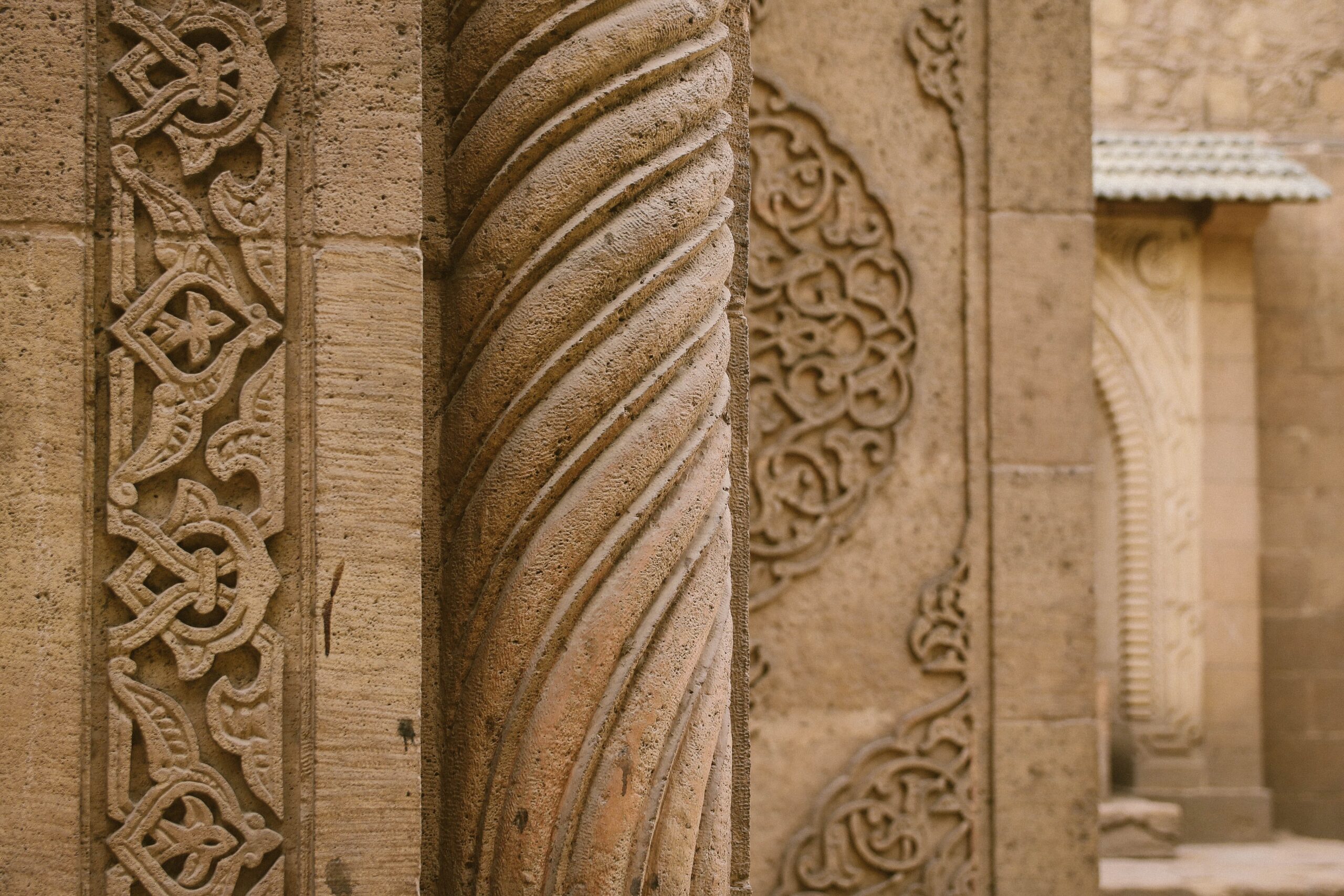New design and build model leads to fastest delivery of a 10 MW data center in Europe
By the end of 2019, Dublin is set to outstrip London as the biggest European data center market by take-up of data center space – both colocation hubs and hyper scale self-builds. Within this thriving sector, business success stories have been created.

Winthrop Engineering and Contracting, which delivers data centers for global clients, has grown tenfold in six years, with a 2019 turnover of 350 million euros and 750 employees. Winthrop’s Mission Critical (data center) team is currently in the process of delivering 500 million euros worth of data centers across Europe in the Netherlands, Germany, Poland, Ireland, Norway and Switzerland. In the greater Dublin area alone, the company is currently working on data center projects totaling over 150 million euro. Growth has centered around ‘reliable technology partnership’ says Winthrop Founder and Group Managing Director, Barry English.
“Developing a partnership model delivered very measurable results. We were able to deliver a 10MW data center in 9 months which was the fastest timeline for a project of that size in Europe,” he says.
Understandably, there was an initial degree of skepticism about the company’s projected timelines on their first project, but the final product proved the concept.
In addition to efficiency, Winthrop’s approach is about responsibility and accountability.
“We run the project on behalf of the client. This means that we drive it and take responsibility for every element of the work. This is a new departure for data center development,” he says.
Winthrop’s model also flattens the team structure – meaning contractors, designers and suppliers are jointly responsible and invested in solution-finding when challenges arise. The model also leaves no room for buck-passing.
“A flattened structure increases efficiency and significantly reduces delays,” says English. “By streamlining the decision-making chain of command, and keeping it within the project team, key players are more easily accessible and critical changes can be made in real time.”
At a more practical level, the partnership model has helped eliminate some of the issues which can arise when a team is more fragmented. For example, building information modeling (BIM) systems eradicate clashes and overlaps which previously might only be visible onsite, at the point of installation.
English believes that allowing Winthrop – as Mechanical and Electrical engineers – to take full contractual responsibility for the project in influences the final product.
“We are very focused on how the end product does its job. We are a technology company, focusing less on the aesthetics and more on the work quality, reliability and operability of the data center, particularly in the context of its mission critical nature,” he says.
Safety is also non-negotiable according to English. Winthrop – no different to its global cloud company clients – won’t tolerate poor safety and protection procedures.
“During the build and delivery of data centers, a client’s reputation is – to a degree – in our hands. This is not just in terms of safety, but in overall service delivery. That’s a big responsibility, so everything we do is focused on building the confidence of our clients,” he says.
“Our approach is not really about one-off projects but rather building partnerships in the longer term,” he adds. “Once we get to know a client, we’re prepared to go wherever they need to go and our repeat business is around 80% as a result.”
English believes that turnkey data center projects in Ireland will continue for at least another five years. “But the expertise we have gained in the process of developing that infrastructure is an asset we are capitalizing on when internationalizing our services and will apply to other industries in the future,” he concludes.

